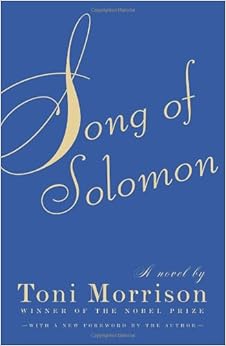(Spoiler alert! If you haven’t yet reached the trial portion of Native Son, better not read this one!)
Have you had enough of trials yet, fellow reader? I hear that our next book involves one too, so, I hope not!
Let’s do a little comparison and contrast. I noticed some interesting similarities and differences. Maybe you can add to my list
Both trials are unfair (but for different reasons). Both illustrate the impossibility of fairness on the part of the judicial system. Both utterly confuse the defendant. Both result in the same outcome for the defendant.
Kafka never reveals exactly what crime Joseph is guilty of, while in Native Son, Bigger confesses to his crimes and pleads guilty. The readers are always kept guessing in Joseph’s trial process, while in Bigger’s, we know clearly what is happening. I don’t know about you, but I felt a little implicated in Bigger’s trial, while in Joseph’s, I didn’t feel even a shadow of guilt.
I did find it interesting that we read a book that hypothesized about the inability of the judicial system to provide a fair trial (Kafka), and then immediately after read a convincing case in point (Wright).
I’d love to hear your thoughts, readers! Put on your black judicial robes and chime in!



